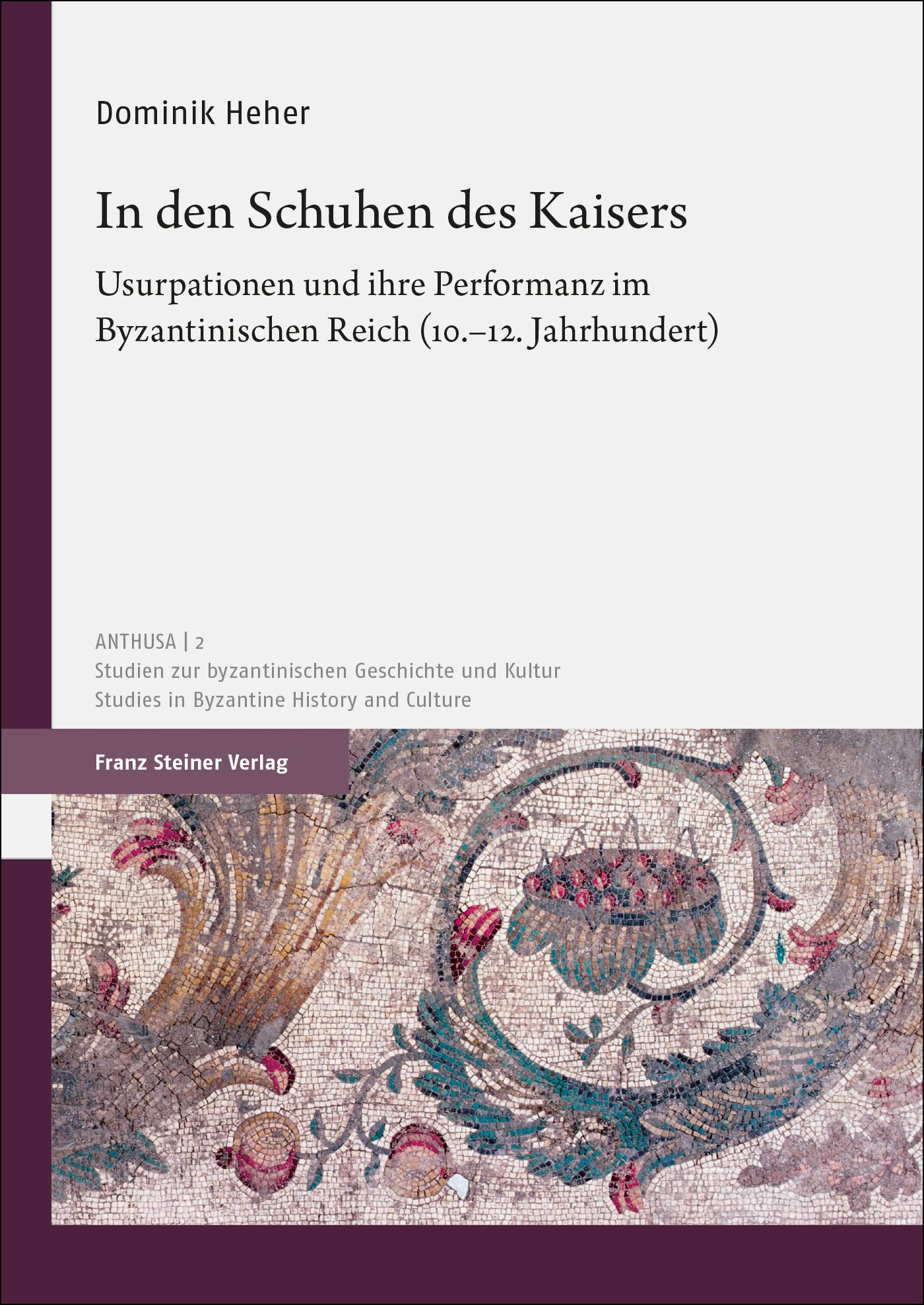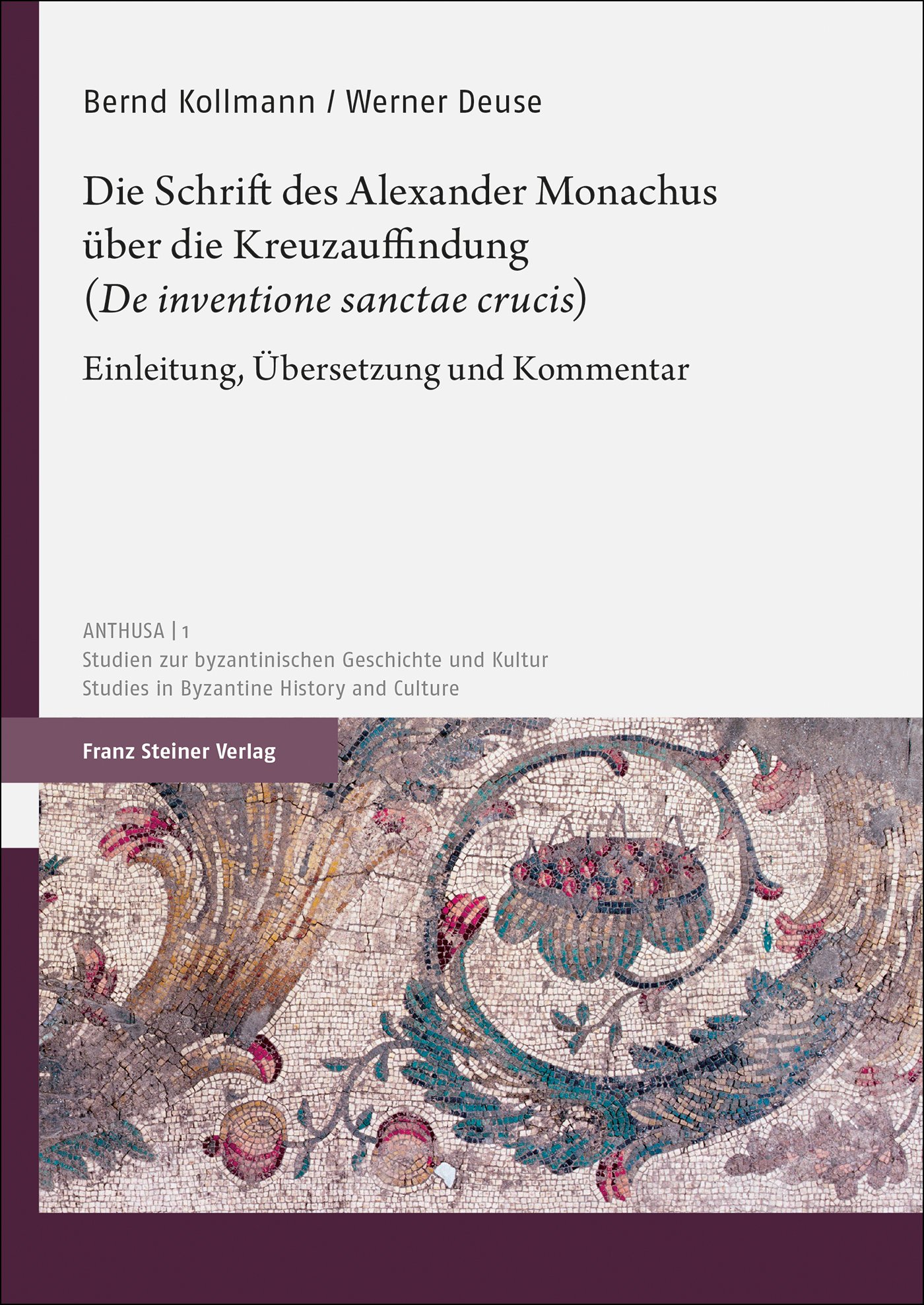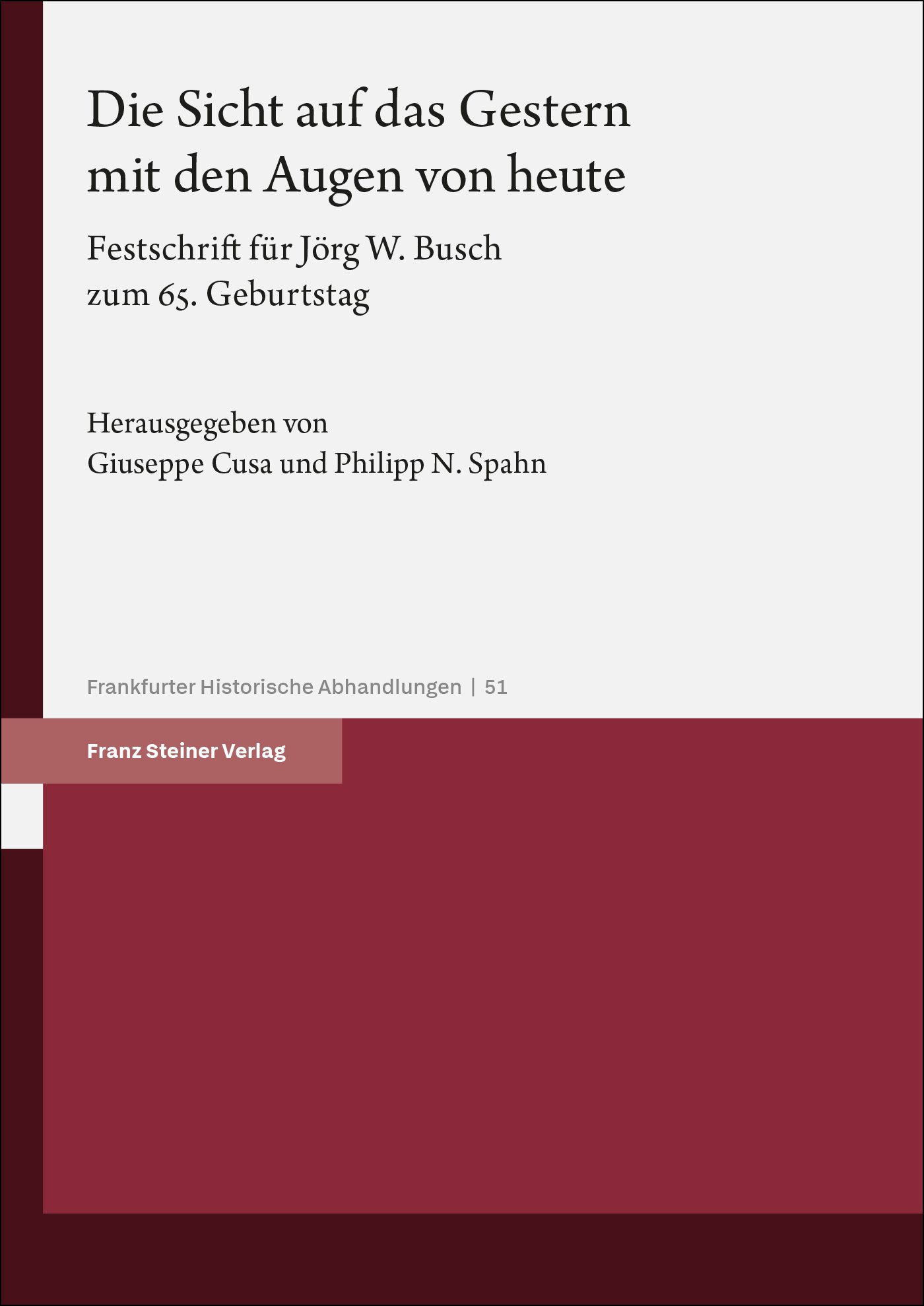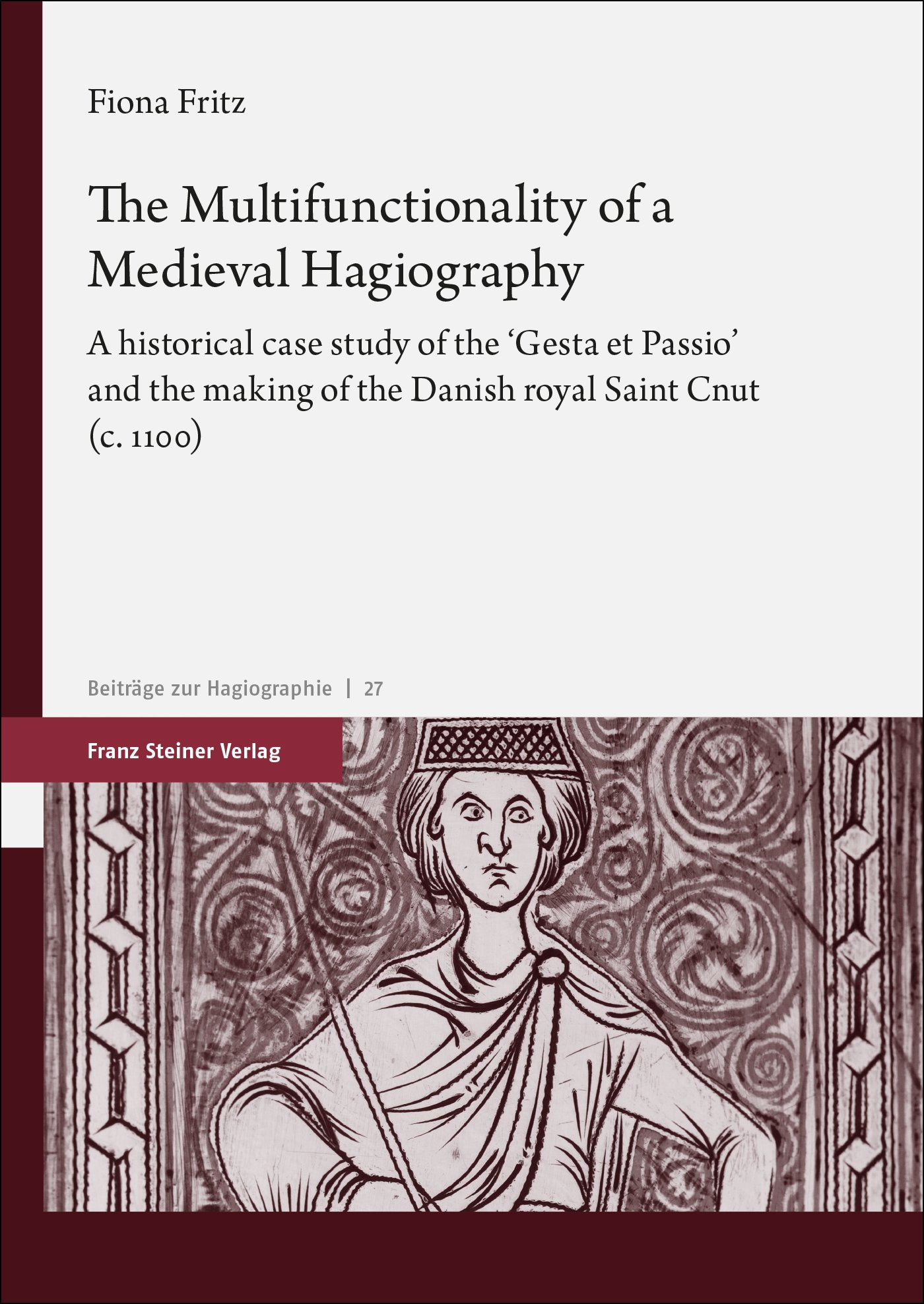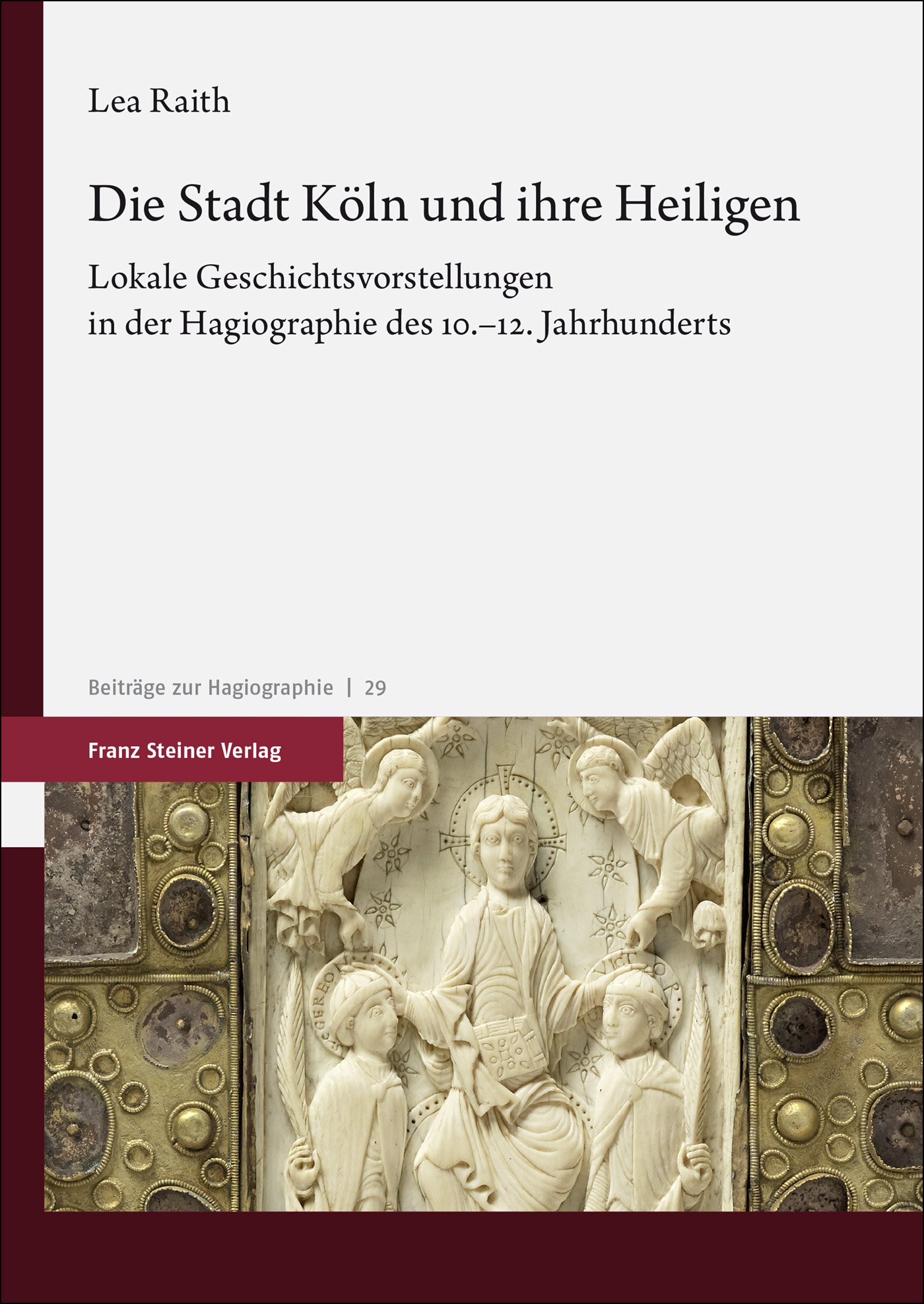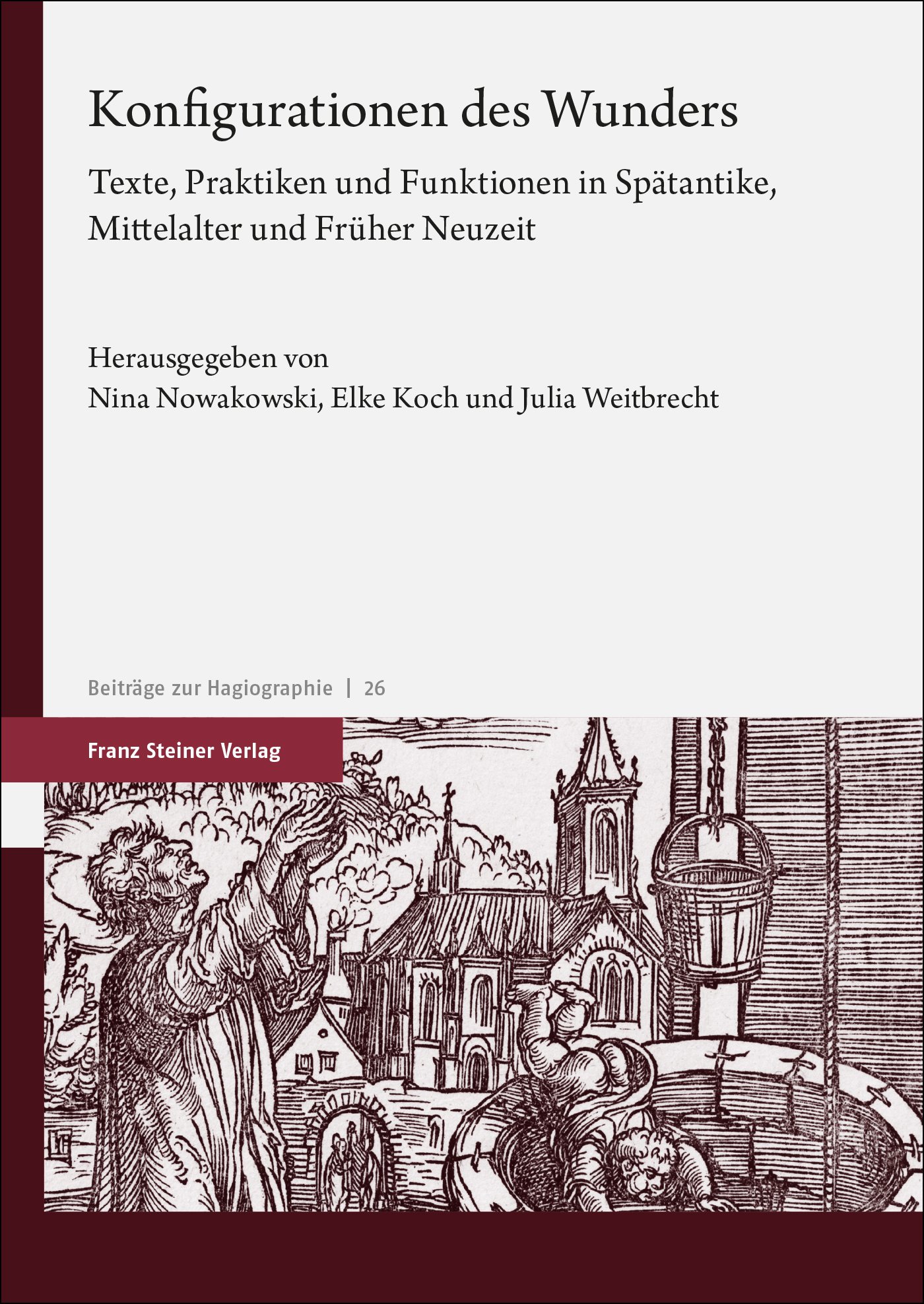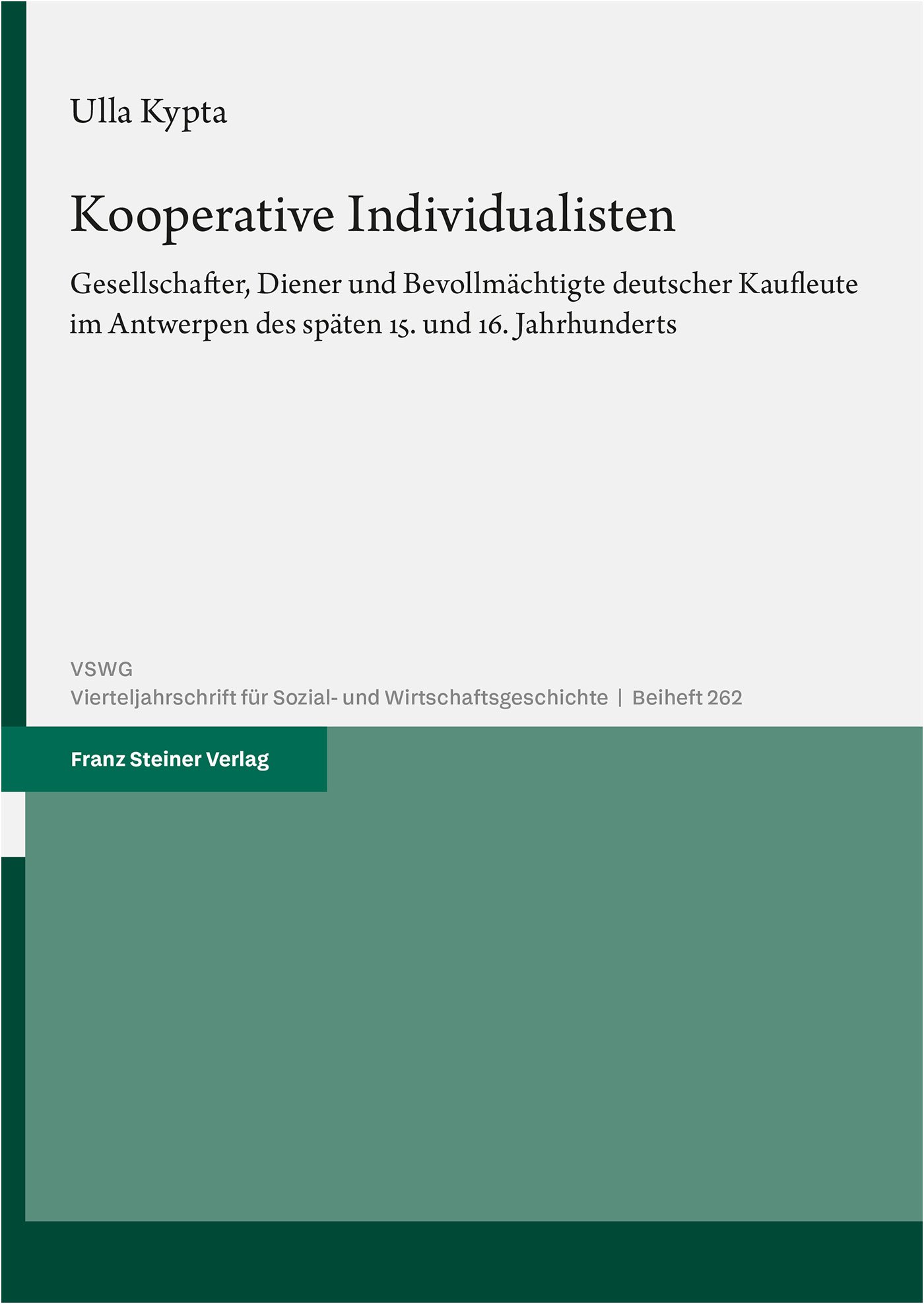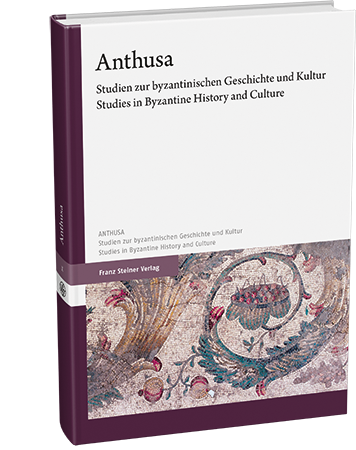
Anthusa
Studien zur byzantinischen Geschichte und Kultur / Studies in Byzantine History and Culture
Since the inauguration of Constantinople in 330, the centre of the Roman Empire shifted to the eastern half of the Mediterranean, where it existed until the 15th century. Constantine I (the Great) remained for centuries the reference point in the self-image and politics of the Eastern Roman or Byzantine emperors. The political system was still based on Roman traditions, although it underwent transformation processes different to those in the western parts of Europe. The empire with its centre on the Golden Horn served as a role model until the High Middle Ages, acting as a bridge to the Arab world and exerting a strong influence on developments in pre-modern history.
The series, in which individual studies as well as interdisciplinary collective works appear, addresses questions of the cultural, literary and intellectual history of the Byzantine millennium.
> series overview | > the series on our elibrary
Edited by
Prof. Dr. Michael Grünbart
Universität MünsterInstitut für Byzantinistik und Neogräzistik
Rosenstr. 9
48143 Münster
DEUTSCHLAND gruenbart@uni-muenster.de
Advisory board
Albrecht Berger (LMU München)
Marina Loukaki (Nationale und Kapodistrias Universität Athen)
Vasileios Marinis (Yale University)
Ingela Nilsson (Uppsala Universitet)
Pagona Papadopoulou (Aristoteles Universität Thessaloniki)
Juan Signes Codoñer (Universidad Complutense de Madrid)
Anthusa
General information
ISSN 2750-7262 (print)
ISSN 2750-7270 (online)
Founded: 2022
Size: 17 x 24 cm
Languages: English, German
Validation: Peer review
Publishing information
Please send manuscript submissions to our acquisition managers or to the editor of the series. Submissions must be original texts (no translations) which must not be previously published. During the review process, manuscripts may not be submitted elsewhere. Monographs must be complete and fully finished. For multi-authored volumes contact us as early as possible with details of the planned contributions. In initial submissions, our publication guidelines or citation rules do not have to be strictly followed.
All submissions are subjected to peer review. The review process can result in acceptance, the recommendation of revisions or rejection of the project. You will be informed of the decision by email. We attempt to reach a decision within 3 months of the submission of the manuscript.
Your manuscript has been accepted for the series and you have the publishing contract in your hands? Then you are ready to prepare your manuscript for publication. Read in our authors' area what you should consider for the final touches to texts and images:
Every project is different, however, and has its special challenges. So, if you have any questions, please write to us or give us a call.
Please see our information on copyright, self-archiving rules and guidelines for the use of PDF reprints here:
For our publication ethics statement have a look here:
Subscribe
Do you wish to order the series on a continuing basis? Please get in contact with us and write to us here:
Latest books
-
€84.00*
-
€84.00*
-
€40.00*
-
€40.00*
